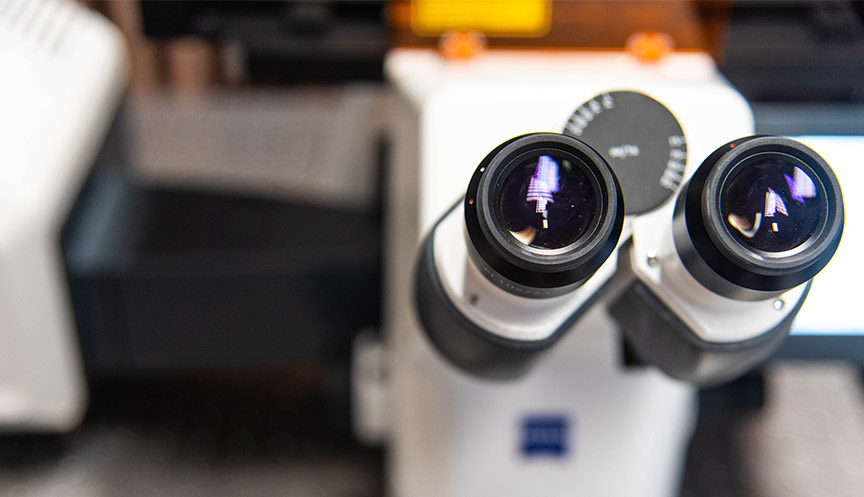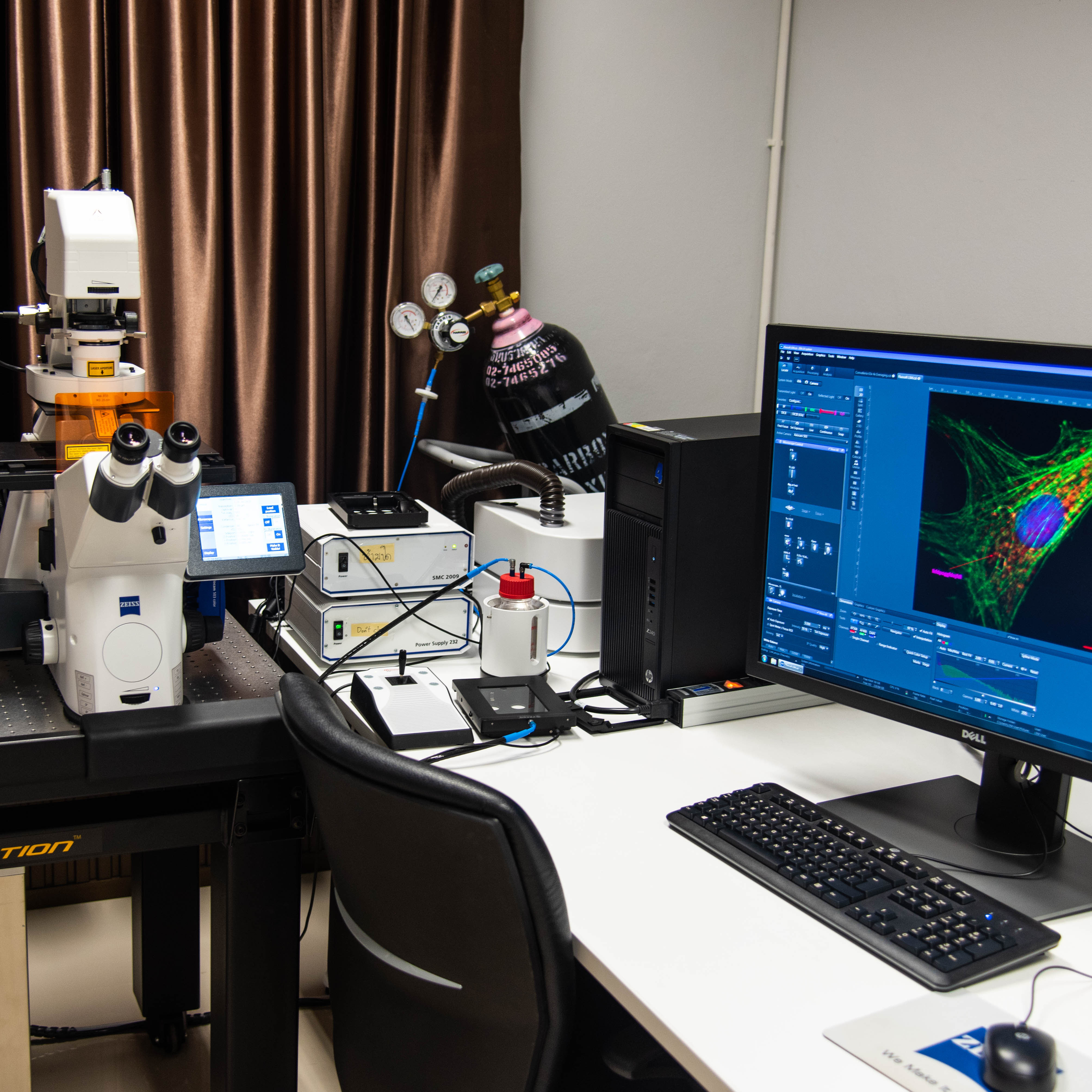Molecular Recognition Materials
The Molecular recognition materials research has been successful in the development of related applications of the molecular recognition processes involving a range of molecular imprinting techniques. This technique involves arranging functional monomers around a templating ligand. This ligand is the selected target substance (such as drugs, proteins, pharmaceutical compounds and toxic substances), and it forms a pre-polymerization complex with the monomer by non-covalent interactions, such as hydrogen bonding, ionic or hydrophobic interaction. The complexes formed are subsequently co-polymerized with a suitable cross-linking monomer and the imprint molecule removed from the polymer to yield recognition sites specific to The resulting molecularly imprinted polymer or so called “MIP” can selectively recognize and rebind the template molecule or even bind with other closely related molecules. These new materials have a vast number of application areas including drug delivery, (bio)analytical chemistry, and medical sciences.The resulting molecularly imprinted polymer or so called “MIP” can selectively recognize and rebind the template molecule or even bind with other closely related molecules. These new materials have a vast number of application areas including drug delivery, (bio)analytical chemistry, and medical sciences.- We use molecular imprinting technique in the challenge and investigations of life phenomena and generating a new material science for subcellular targeted drug delivery.- Development of micro/nanodevices for analyzing the functions and interactions of biomolecules and architecture assemblies of biological system.- Design and synthesis of novel chemical small molecules upon interface between chemical and biological features on the well-defined structure into the nanosized environment. The opportunities for their application in drug delivery and targeted delivery to subcellular site. The possible to design new devices for intelligent therapeutics. Such systems can be employed for autofeedback drug delivery, whereby the hydrogel will be connected to a biosensor and will respond development of nanoparticulate systems for drug delivery. Using intelligent polymers, it is now to fast changes in the external biological conditions. This detailed knowledge of the mode of variation in the cross-linking network and the selection of a particular imprinting method. The impact of molecular imprinting technology has brought to study of pathology of complex diseases and rare disease, and understanding of system biology, autoimmune, cancers, where efficient therapeutic for treatment can be achieved without side effects.



